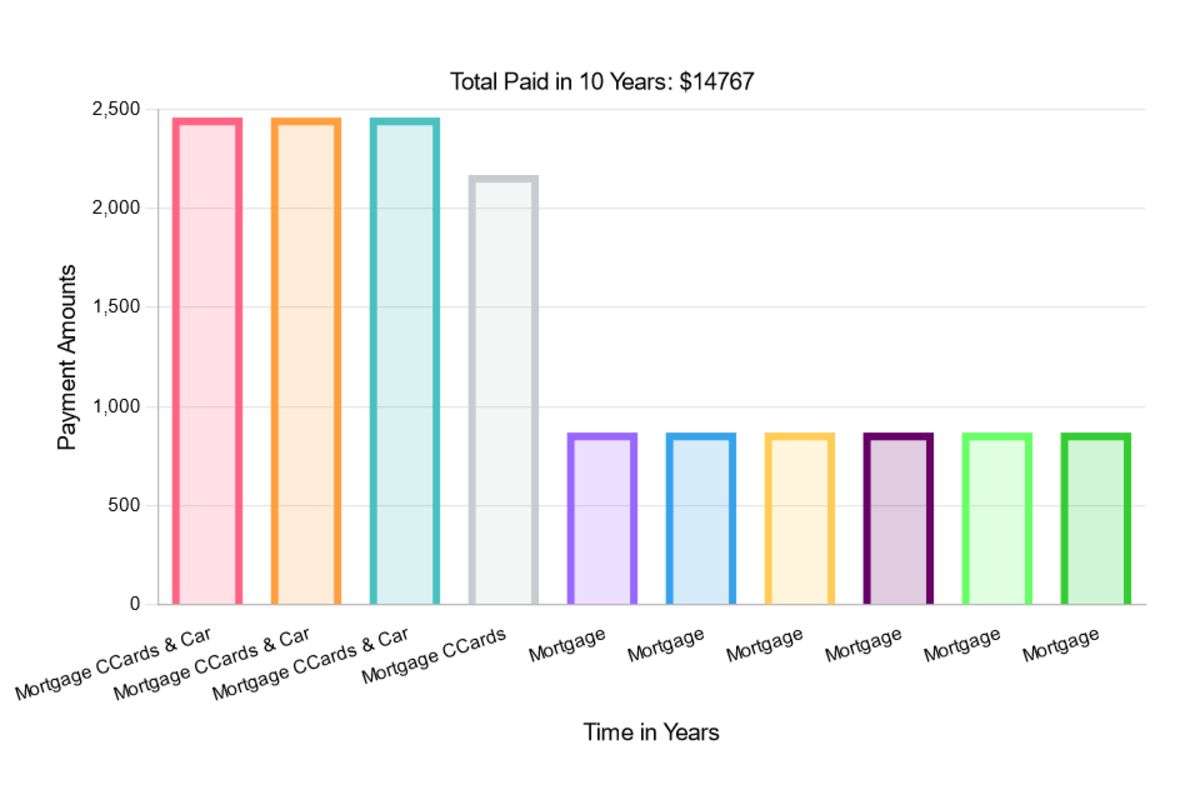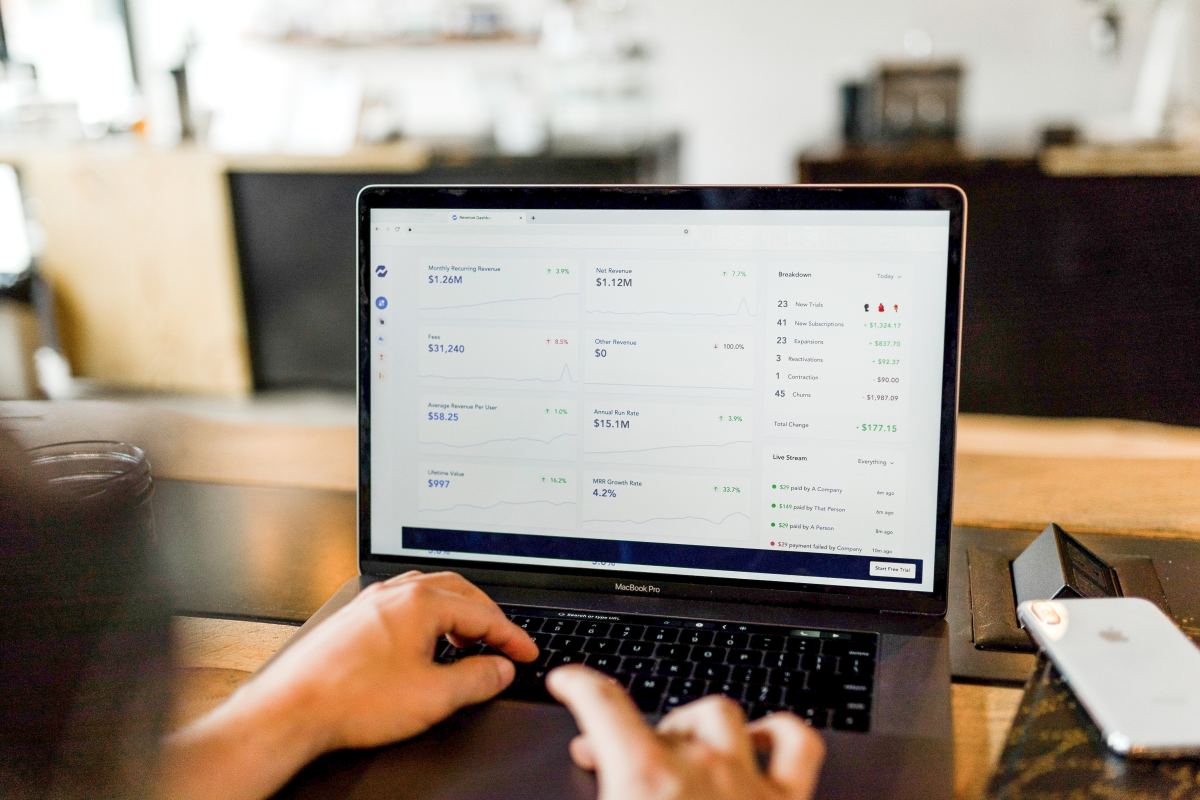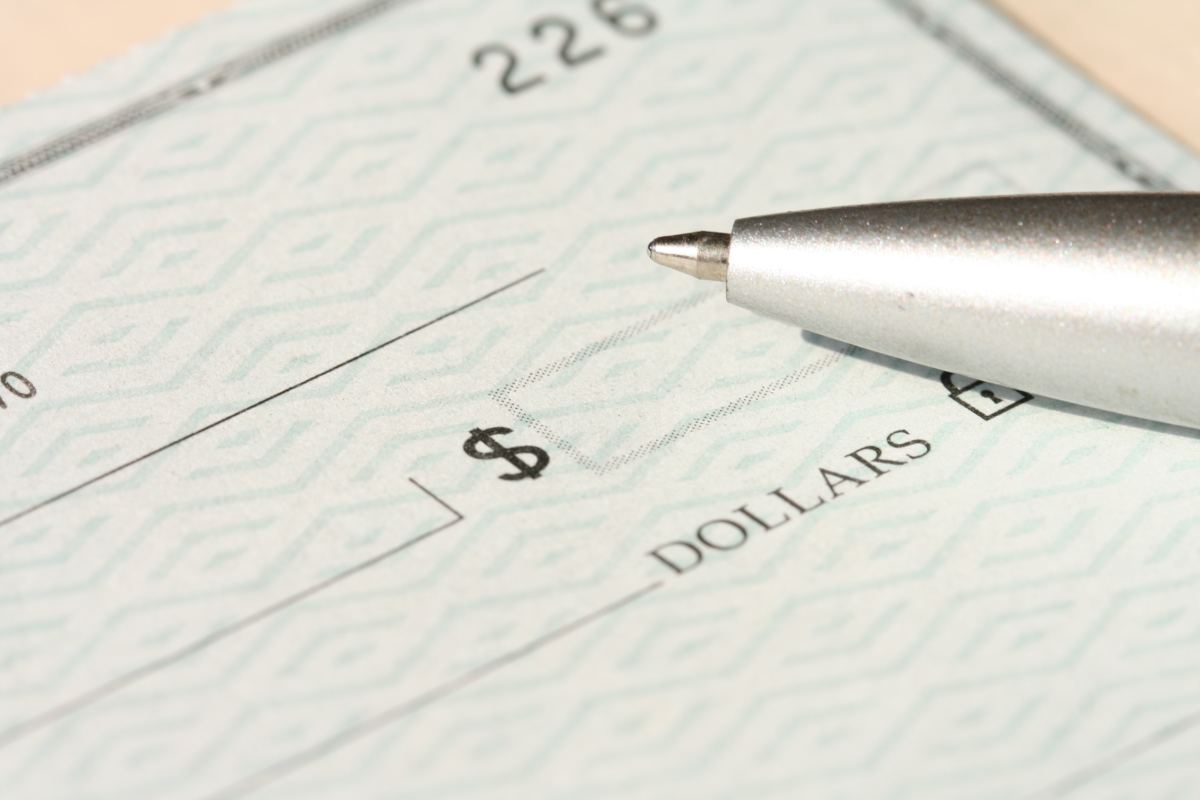Credit Card Debt Budgeting
Credit Card Debt Budgeting:
How simple budgeting can help you decrease your credit card debt, monthly minimum payment, and APR.
Most of this information is geared towards a person that is already able to make their monthly minimum payments, however if that's getting harder each month, maybe it's time you began simple budgeting too.
At the time of this writing I have a combined credit card limit of $7,000.00, spread over 3 credit cards with $6,500.00 in debt between the 3 cards
The 1st credit card has a balance of $4,000 and 31.99 % APR
The 2nd credit card has a balance of $2,000 and 14.90 % APR
The 3rd credit card has a balance of $500 and 18.99 % APR
Please note: This is only for credit card debt. All my other loans and bills are excluded.
As you can see in this case my biggest debt is on the card which also has the highest interest rate. You can also see from my total credit limit that I only have $500 of available credit left, some cards are maxed out. There are two methods of tackling your debt. Which one you chose will be up to you.
1st: Pay the largest debt down first
2nd: Pay your smallest debt down
I chose the first choice.
The goal here is to pay down one credit card debt at a time. Some people pay down the lowest balance first and then move up the ladder and some do the reverse. I'm working on the latter; paying down from highest balance to lowest balance; again you will have to choose which is right for you.
Starting with the lowest balance first is considered to be best for those who are struggling to pay minimum payments on all their credit cards. If you are having trouble paying your minimum payments, paying down your lowest debt will be for a psychological boost more than a financial boost. The rationale is simple, if a person pays down their lowest debt with extra payments first and minimum payments on the others they gain the psychological satisfaction of having accomplished paying off a debt and thus making it more likely the person will continue the simple budgeting they worked on with the rest of their debt and credit cards.
If you are paying every credit card bill with at least the minimum payment you must determine how you can get an extra few bucks each month towards these credit cards. There is no easy answer for this other than to say...be frugal, do some simple budgeting! If you normally buy lunch out on work days then don't buy lunch outside as often. Basically everything you spend money on needs to be scrutinized.
My goal was to be able to pay at least an extra $20 per month to my highest credit card debt while making the minimum payments on the remaining credit cards.
As I stated earlier my highest debt also has the highest finance charges. Most of us have had the annoying experience of making an overpayment to a creditor only to see a minor dent in our balance the following month, after interest has been applied.
How does one reduce those finance charges? Simple steps can help reduce that interest or at least stop it from growing month after month.
I started by buying a small notebook and a pen that I kept with me or in my car at all times to write down what I bought everyday and the cost of my purchases. I did this for an entire month while paying the minimum payments on all my cards. By the third week of me logging how my money was being spent on a daily basis I was able to determine my biggest expenses. The next step was to determine which of these expenses can be eliminated or reduced with simple bugdeting.
My biggest avoidable expenses were food and beverages. It turns out I was spending $5-$10 per day on water/juice/food just while at work. I simply skipped a few days worth of beverages and food while at work. I didn't make a huge sacrifice here I simply didn't buy anything to eat five days out of each month. I managed to save $30 per month on average, some months I saved more but never less than $30 per month.
I now have an extra $30.00 through simple budgeting to apply towards my highest credit card debt but my method of paying that extra money is how I significantly reduced my finance charges.
Here's what I did:
A) I paid my minimum payment as soon as I had the money to do so. Basically if I get paid every 2 weeks and today is payday, but my bill was due in 3 weeks, I will earn a another paycheck before that bill is technicaly due. I'd pay the bill with my current paycheck so by the due date I have another paycheck plus any savings from my last paycheck and that bill is no longer due! The point is to make the payments as soon as possible.
B) Each of the five days that I didn't spend my usual lunch money I paid those savings to my creditor that same day online through my creditor's website. In this case a mere $6 over payment, five times per month.
Example:
My minimum credit card payment was made on my due date of October 12, 2007 leaving me with zero due until the next billing period is generated.
On October 17, 2007 I decided to skip lunch at work, saving me $6.00. When I reached home the evening of October 17th, I immediately logged onto my creditors website and made a payment for $6.00. By doing this, each payment I made interrupted the flow of interest being applied to my account as well as achieving payments above the minimum payment. I noticed a huge decrease within the next two billing cycles.
While the finance charges and minimum payment due decreased I re-examined my progress and decided that I would split my minimum payment into four quarters, paid once per week.
This next step is most important.
While I gave my credit card balances at the beginning of the article I didn't say my minimum payment at the time. Most credit card minimum payments are 2-4 % of your balance, in my case it is 4 % and my balance was $4,000.00. I can simply tell you what my minimum payment due was or I can also give the mathematical formula to determine which percentage your bank uses for your credit card.
This is the math I did:
Balance:
$4,000.00 * 0.040 = $160
4,000 multiplied by 0.040 equals 160
My minimum payment on that card was indeed $160.00 to the penny. I planned to start with 4 % since it was the highest percentage being used by most creditors and it happened to be exact for this credit card.
To determine how your bank calculates your minimum payment simply punch the total balance due on your most current account statement and multiply by 0.040. If the number you get is higher than the minimum amount due on that statement then your bank is calculating you at less than 4 % of your balance. If the amount you get is lower than your actual minimum payment due, they're calculating your minimum payment due by more than 4%, which is rare from what I've seen.
Okay, back to how I tackled this debt. My minimum payment was $160.00 when I decided to attack my debt but I also paid $30 extra for a total of $190.00. The next bill I received showed a new minimum payment due of $155. What happened to the extra $30.00 I sent in? It's there, but it just got absorbed into the new finance charges that were applied to my balance.
I now know that with a bit of thriftiness 5 days per month my simple budgeting will net me at least an extra $30 per month in addition to the $160 I was already paying for a total of $190.00. I'm going to split that $190 into four weekly payments.You don't have to split your payment into quarters. In fact you can split it into halves if you get paid bi-weekly like most folks nowadays, or worse bi-monthly.
$190 / 4 = $47.50. I rounded it up to $48.00. I paid $48.00 per week every week until my next bill came. This time my minimum payment due is $140.00 but I continued to pay $190.00 or more until my debt was paid down. I set up my checking account bill pay service to pay $48.00 per week to my credit card so I never even had to look at my statement because I can already see that my minimum payment was decreasing plus by setting up weekly payments I knew that within 28 days my bill would be credited for more than the expected minimum and would never be late all with really simple budgeting. I wanted to pay at least $20 extra every month and managed to pay $30 or more. If $20 is too high for you start with at least $5.00 extra per month.
Do not setup automatic payments from your creditors. Use your checking or savings account to set up those payments, just in case an emergency arrises that requires you to dip into your cash more than usual. This way you can go to your banks website and cancel automatic payments all in one shot. A lot of creditors auto pay services have some funky fine print that says they could remove the minimum payment amount even if you've sent a partial payment in.
The most important rule of paying down your credit card bills is to treat each card like a fixed loan. All I really did was pretend to have a fixed loan with a monthly bill of $190.00 and stopped using the credit card.
My credit scores increased between 5-30 points per month between three separate credit reporting bureaus. The hardest part was deciding whether it felt better to see my balances decrease or my credit scores increase!
On a side note, having my credit score increase was very helpful because it made my auto insurance rate decrease by $17 per month, which allowed me to use that $17 towards another bill. Once your credit score is above 750 you can also call your creditors and request lower APRs, better credit limits and elimination of annual fee's. While a better credit score will not guarantee these requests will be granted, it definitely won't hurt.
Annual fee elimination is, in my opinion, the first issue to work on after bringing a credit card debt down to zero. There is nothing worse than getting a credit card statement for a credit card you last used, and paid off in full 11 months ago with a balance due because of the obligatory annual fee. The annual fee is bad enough when it's applied while your paying down the balance, but it's easier to prepare for it than when you've achieved a zero balance for almost a year straight. I nicely mentioned how their competitor offered no annual fee and both times it worked.
Next I requested higher credit limits. I waited another 60 days and requested a credit limit increase of 20 percent. The reason I waited 60 days between requests is because creditors may or may not pull your credit report to determine whether they are willing to fulfill your requests. Creditors either make these decisions based upon your history with them alone or do a "hard pull". A hard pull is when your creditor actually obtains your credit report and makes a decision based on your overall credit worthiness. A hard pull is looked as an inquiry for credit and causes your credit score to take a hit. Having our credit scores decrease by just one point is counterproductive to our goal. When calling your creditors with any requests always ask if they can satisfy the requests without doing a "hard pull".
After another 60 days I called and requested lower APR's. I chose this last so their customer service rep will notice that I stopped using the card at least four months back. I'll leverage their high APR rates against my lack of utilizing their credit card for my purchases. By having the annual fee eliminated I took away their passive income from my account. For them to make any money off of me now, I'd have to actually use the card again and carry a balance so they can apply interest to that balance. If my balance is zero and my APR is 31.99%, from when my credit score was poor, I'll point that out. If the APR does not reflect my present day credit score I will continue to use their competitors credit card that does reflect my current credit score. Why would I use their card with 31.99% APR when I can use another card @ 8.99% APR? Why use a credit card at all when I can just pay cash with my "MasterCard" branded debit card that provides the same consumer protection as a credit card anyway?
Creditors tend to automatically increase your APR as your credit score declines, but it's not so automatic in reverse, which is why we have to get them to do it. If they refuse to lower my APR, oh well. 31.99% added to zero is zero. I just won't ever use their credit card again.
That's all there is to it, folks. It only takes slight discipline and simple budgeting. Keep in mind my income is only 35k and I live in NYC. Combined with the fact that I only wrote about credit card debt. With all my other bills combined I'm what is considered to be working-class-poor. If I can do it you can do it too.
This article is accurate and true to the best of the author’s knowledge. Content is for informational or entertainment purposes only and does not substitute for personal counsel or professional advice in business, financial, legal, or technical matters.
© 2008 Steven Ahmad





